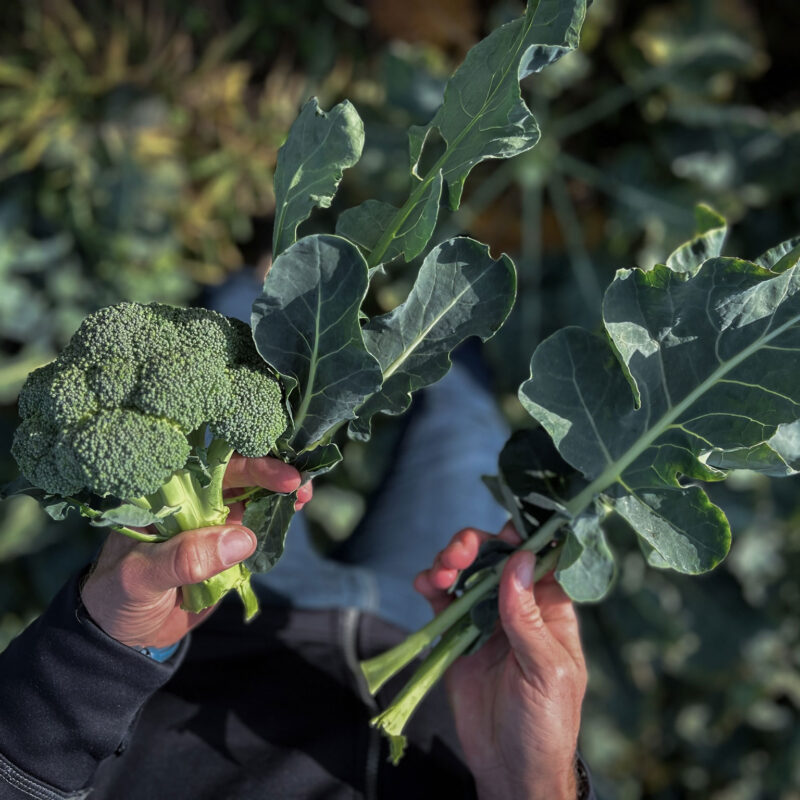Plastics Progress Tools – measuring companies’ plastics use
Companies are increasingly setting goals and strategies for more sustainable consumption of plastics, yet few have the necessary methods and tools to properly map their current use. The Plastics Progress Tools initiative was launched in 2020 to find a standard for how companies can map and act on their use of plastics. In 2022, the project resulted in a practical methodology and a prototype for a digital tool that was tested. However, along the way, Axfoundation discovered that developing a generic digital tool for compiling and analyzing plastics data was more difficult than first anticipated.

Plastics are today found in countless variants and shapes, making it challenging to map and measure their use.
The Issue
Economic development followed by higher consumption is driving increased demand for plastics. The EU is acting against this plastic overconsumption and pollution with several legislative frameworks, including the Circular Economy Action Plan, the Single-Use Plastics Directive, and the Plastic Bags Directive, to name a few. Today, companies are struggling to adapt their businesses to these new legislations, while simultaneously trying to understand and act on their own plastics use. Plastics are also found everywhere and in countless variants and shapes, making it all the more challenging for companies to map and measure.
Did you know that…
- Global plastics consumption is expected to quadruple in the coming century. EU plastics emissions are expected to almost double by 2050.
- The material value of plastics is lost by as much as 95% after just one cycle of use. Approx. 98% of all plastics are virgin and only 1% is recycled to the equivalent quality.
Source: Material Economics
There is currently no standard for how Swedish companies should map their use of plastics in the same way as, for example, climate calculations are carried out according to the greenhouse gas protocol. Current solutions typically exist on an individual company level and are adapted to each company’s unique conditions. This is the challenge that the Progress Plastics Tool aimed to address. – Hanna Hobohm Skoog, Program Director Future Materials, Axfoundation
With increased knowledge of what the plastics situation looks like, companies are offered a stronger foundation for making strategic priorities in relation to objectives regarding the use of plastics. – Hanna Hobohm Skoog, Programme Director Future Materials, Axfoundation
Our Solution
Together with actors from different value chains and sectors, the project set out to develop a practical methodology and digital tool to support companies in unified ways of measuring plastics, which can form a basis for strategic prioritization and decision-making.
The methodology was designed to describe how companies can take a step-by-step approach to set goals and key performance indicators (KPIs), collecting data, and analyzing the results. A list of definitions was created to support collaboration and to create a common language around some of the complex terms related to plastics. The methodology and list of definitions are currently available in Swedish.
Results in short
- The project has resulted in a practical methodology and a prototype of a digital tool. These were developed and tested by Swedish companies KICKS and Åhléns.
- Along the way, Axfoundation discovered that developing a generic digital tool for compiling and analyzing plastics data, was more difficult than first anticipated.
- Due to several challenges, such as lack of upstream data from suppliers, Axfoundation has not yet found a practical solution for Plastics Progress Tools, but is continuing to reach out to industry partners and companies to spread the knowledge further.
Results
The project has developed a structure for parameters and factors that should be included in tools monitoring plastics data. A prototype of a digital tool has been developed and tested by beauty chain KICKS and the Swedish department store Åhléns. The results and insights from the pilot were shared widely for potential further development.
The second phase of the project, developing the digital tool for compiling and analyzing plastics data, turned out to be a difficult one. Lack of upstream data from suppliers, the complexity of data sets and alignment, the integration with current data systems and challenges in harmonizing how and what to measure were some of the obstacles. Axfoundation has not yet found a practical solution for Plastics Progress Tools due to these challenges.
Why did it fail?
Along the way, Axfoundation discovered that developing a generic digital tool for compiling and analyzing plastics data was more difficult than first anticipated.
Plastics are found everywhere and in countless variants and shapes, making it even more challenging for companies to map and measure. Lack of upstream data from suppliers, the complexity of data sets and alignment, the integration with current data systems, and challenges in harmonizing how and what to measure were some of the obstacles.
Due to these challenges, Axfoundation didn’t succeed in finding a scalable and standardized solution. Nevertheless, and for obvious reasons, the focus on measuring plastics in the EU has increased. The market has responded by developing company specific and integrated solutions for packaging and product data in existing data systems — a development that Axfoundation warmly welcomes.
What did we learn?
Axfoundation believes in industry-wide solutions, but the inherent nature of plastics made collaboration difficult. Its countless varieties and forms made the development of a generic tool more difficult than anticipated.
The lack of upstream data from suppliers was challenging; however, it was not a surprise. Here, upcoming EU regulations on digital product passports will hopefully be helpful to set a standard for how to structure, standardize, and compile plastic data. Axfoundation is continuing to work with transparency in supply chains and supporting companies to share structured, traceable product and material information.
Partners
Plastics Progress Tools was developed in collaboration with Axel Johnson AB, the consultancy agency 2050 and companies from different sectors, including Axel Johnson International, Axfood, Dagab, Dustin, Filippa K, KICKS, Martin & Servera, and Åhléns.
The project’s reference group included trade organization DLF Sweden, packaging collection service FTI, GS1 Sweden, Swedish Environmental Institute (IVL), Environmental Protection Agency, the Swedish Food Retailers Federation, the Swedish Trade Federation, Swedish Plastic Recycling and the industry organization for private recycling companies in Sweden Återvinningsindustrierna.







































